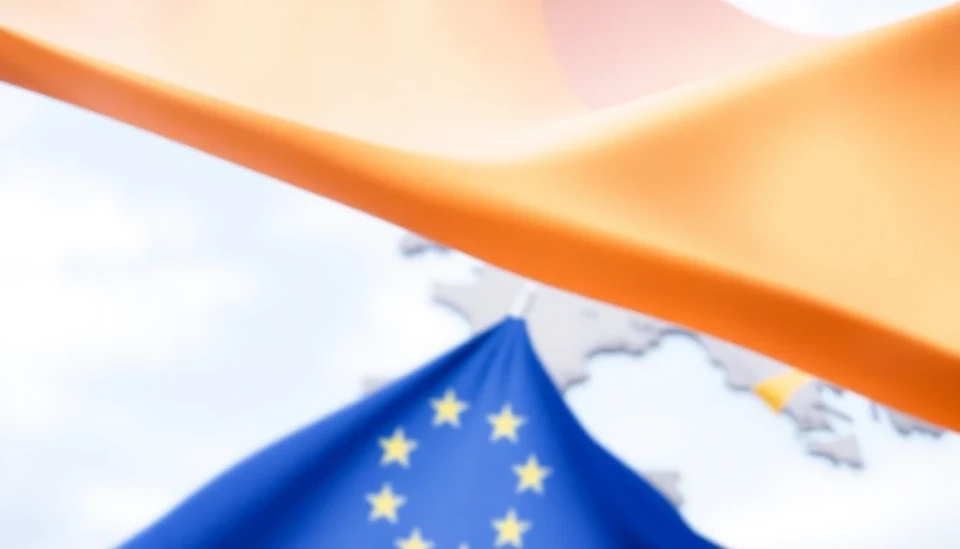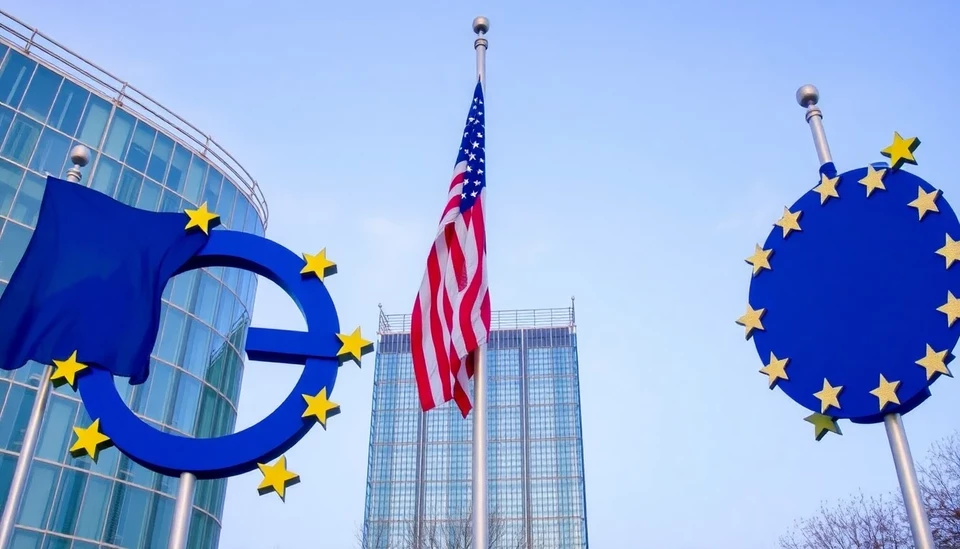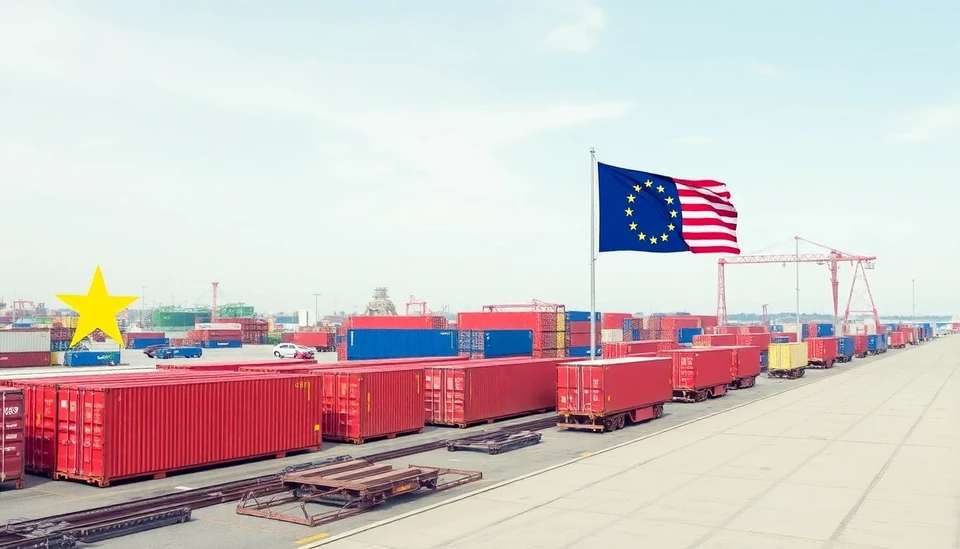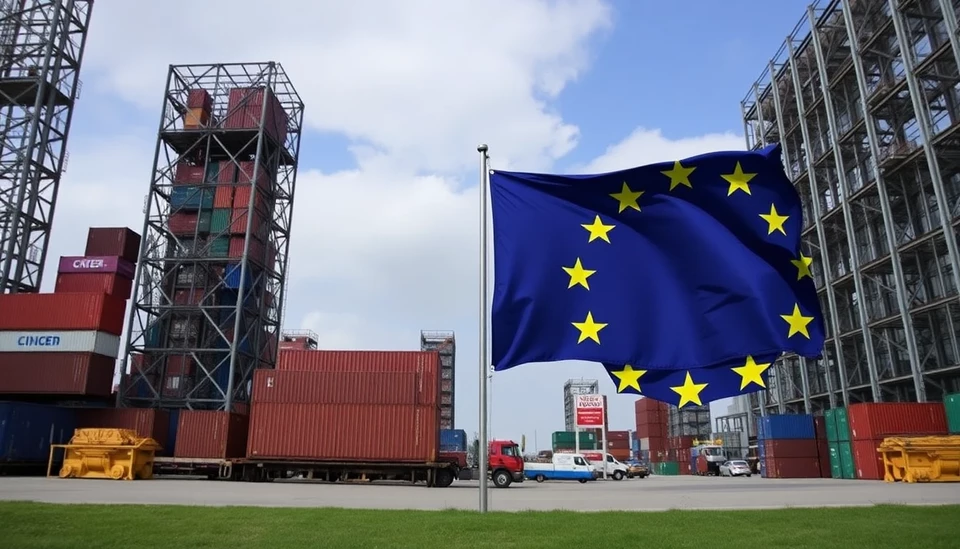
In a surprising turn of events, European Union trade officials have banded together to strategize a collective response to the renewed trade tariffs imposed by former President Donald Trump. These tariffs, initially enacted in earlier years, have resurfaced with a vengeance, sending ripples through international market dynamics and igniting debates regarding trade protectionism.
The backdrop of this development cannot be overstated. As the U.S. administration seems poised to wield tariffs as a fundamental component of its economic strategy, European leaders stress the importance of solidarity amongst EU member states. Their discussions center on the potential economic fallout if these tariffs are perpetuated, particularly concerning tariffs on steel and aluminum, which are considered crucial to numerous industries across the continent.
The EU's response to Trump's aggressive trade policies has been framed not merely as a reaction but rather as a defensive strategy to safeguard its market integrity. In recent meetings, top trade negotiators from member countries have exchanged ideas and formulated plans to mitigate the impact of these tariffs. The consensus emphasizes a multi-faceted approach comprising legal challenges through the World Trade Organization (WTO), potential retaliatory measures, and efforts to diversify trade partnerships to reduce reliance on the U.S. market.
Furthermore, as trade tensions escalate, the EU is looking to strengthen its ties with other global economic players, including China and India. By diversifying its trade portfolio, the EU aims to cushion itself from shocks stemming from the U.S.'s fluctuating trade stance. Additionally, discussions around enhancing trade agreements with neighboring countries are on the table, focusing on mutually beneficial arrangements that could help stabilize the EU's economic landscape.
Moreover, the implication of these tariffs goes beyond immediate economic consequences; it also threatens to strain transatlantic relations. EU officials are aware that the long-term impact of such protectionist policies could jeopardize the collaborative spirit that has characterized the U.S.-EU trade relationship for decades. Hence, EU leaders are increasingly highlighting the importance of dialogue and negotiation, advocating for a return to more collaborative frameworks in dealing with trade issues.
In this context, the latest developments have led to calls for unified political and economic strategies within the EU to navigate the current trade challenges. The message is clear: the collective strength of the EU member states will be pivotal in counteracting the unilateral moves by the previous U.S. administration. This unified position aims not only to defend member states' interests but also to solidify the EU's standing as a formidable force in global trade.
As the situation evolves, all eyes will remain on the EU's next steps and how effectively it can respond to the ongoing tariff measures while fostering stable trade relations worldwide.
#EUTariffs #GlobalTrade #TrumpTrade #TradeUnions #EuropeanUnion #Solidarity #TradeRelations #WTO #EconomicStrategy
Author: Rachel Greene




